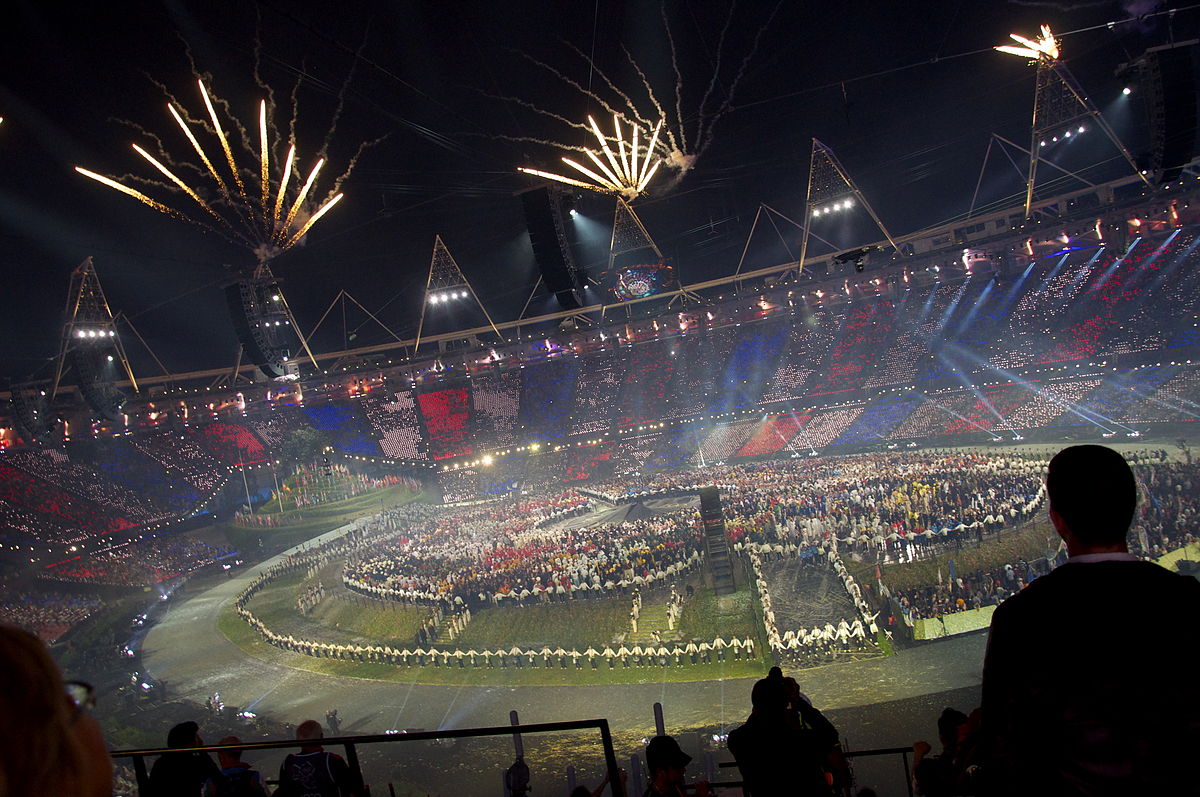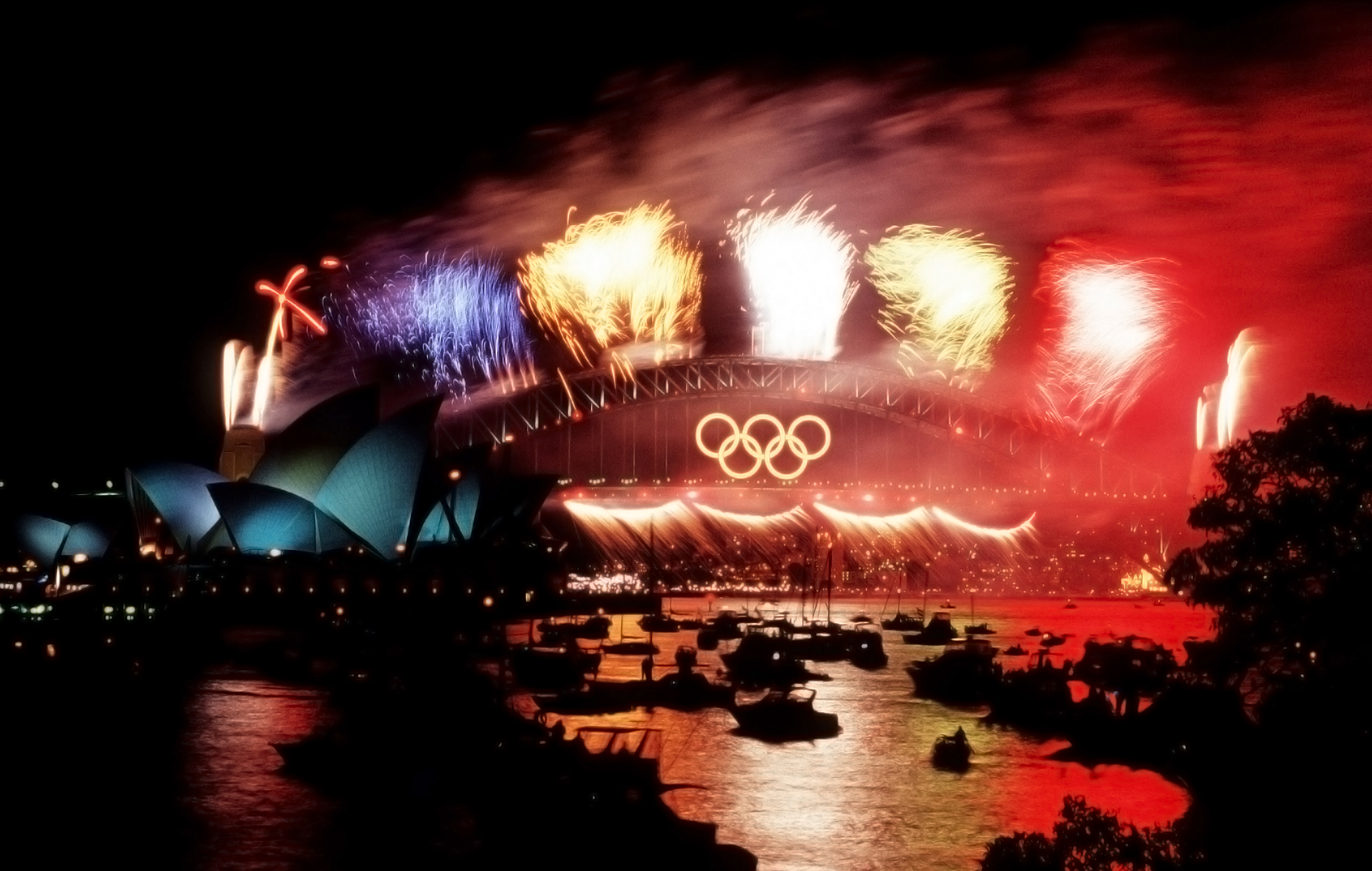
Odd, isn’t it, how the Olympics are the worst/best thing in the world?
Every four years this overblown, cash-guzzling creation of an unelected and self-serving oligarchy, this inspiring assembly of the world’s youth and prompt to vital urban development, settles upon a single city.
The recent Rio Games, despite dire prognostications regarding reduced economic circumstances, health risks and threats of criminality and perhaps terrorism, have passed with broad success. The Olympics, despite the many empty seats and the occasional bizarre aberrations (transfer of knowledge marker for Tokyo 2020 – consider making your equestrian press venue bulletproof) were more successful than many had predicted.
As for the Paralympics – given the desperate circumstances of just a month ago, when the Olympics appeared to have soaked up all the cash from the joint Games budget, and only 12 percent of tickets had been sold, these have been a triumph of hope (and last minute dynamism on the issue of stimulating ticket sales) over expectation.
Less than a week after the Rio Paralympics Closing Ceremony, however, attitudes to the benefit or otherwise of the world’s biggest sporting show have been dramatically polarized by the action of Rome’s Mayor, Virginia Raggi, in officially withdrawing the city’s support for the Italian capital’s bid to host the 2024 Games, claiming that pressing ahead would be “irresponsible.”
Raggi, a 38-year-old lawyer representing the anti-establishment Five Star Movement, claimed her city was still paying back debts from the Games it hosted in 1960.
“We want to escape the big events that bring money and debts,” she said. “We want something more for Rome, 70 percent of citizens said no to the Games. We are effectively asking the people of Rome and Italy to shoulder the debts and we don’t support it.
“The Olympics are a dream turning into a nightmare – a blank check signed by host cities, as shown by an Oxford University study.”
![Rome Mayor Virginia Raggi. By Movimento 5 Stelle [CC BY 3.0 (http://creativecommons.org/licenses/by/3.0)], via Wikimedia Commons](http://thesportdigest.com/wp-content/uploads/2016/09/Virginia_Raggi_conferenza_dopo_il_primo_turno_elezioni_2016_1.png)
Of the five original contenders for the 2024 Summer Games, Hamburg and now Rome have withdrawn, leaving Budapest, Paris and Los Angeles – US replacements after public pressure forced an end to Boston’s candidature – to go forward to the host city election in Lima on September 13 next year.
As always when this matter is considered, the Olympic bogeyman dances in the background. The Montreal Games of 1976 – which left the city with a debt of over $1 billion that took its citizens 30 years to pay off.
Jean Drapeau, the Canadian lawyer who was Mayor of Montreal from 1960 to 1986, is remembered, depending on your viewpoint, as a visionary or a man who suffered from delusions.
“The Olympics can no more lose money than a man can have a baby,” Drapeau insisted after announcing an Olympic budget which, even at the time, was regarded as way below a realistic figure.
Following the Olympics, the Montreal Gazette’s political cartoonist, Aislin, depicted a pregnant Drapeau on the phone, saying “‘Ello, Morgentaler?” – referring to a prominent Montreal physician who performed abortions.
Dick Pound’s take on the Olympic efforts of his home city was characteristically wry. The former International Olympic Committee (IOC) vice president and President of the World Anti-Doping Agency commented: “It was not very well managed as a financial project. And we have a fabulous stadium, but I think it cost more than all the covered stadia in North America put together.”
The stadium, known as the “Big O”, has long been alternatively known as the “Big Owe”. That said, it, and many of the other permanent venues from those Games, are now being put to profitable use…
After the open check of the Moscow 1980 Games, which took whatever they took, the 1984 Los Angeles Games reversed the trend for the modern Olympics by creating profit from a privately-funded, conservatively financed Games using a mass of facilities built for and used at the 1932 Olympics.
Thereafter the Games have been a mixed tale of triumphant planning and lamentable mismanagement. Athens 2004, which finished just ahead of Rome in what was the Italian capital’s last Olympic candidacy, barely completed its work before the Games, and has been left with numerous rotting and unused hulks of sporting architecture.
Beijing 2008 had everything in place with plenty of time to spare, but has used its facilities, such as the Birds Nest Stadium and the Water Cube, only fitfully since.

Sydney 2000, despite using a number of temporary venues in what was a hugely successful Games, was slow to work out what to do with its battleship Olympic Stadium and other permanent arenas, although it eventually found uses for them.
The 1992 Games staged by Barcelona proved a triumph at the time and subsequently, incorporating as they did huge developments to transport infrastructure, hotel availability, and the transformation of two miles of waterfront. It was a hugely effective boost for a city that is now the fourth most popular tourist destination in Europe.
The London 2012 Games, which went further down the route of temporary venues, has been a beacon of rectitude in terms of using its existing facilities, with only the egregious Arcelor Mittel Tower proving to be, as yet, unprofitable.
As Rome’s Raggi pulls the plug on the 2024 ambitions, the contrast to another dynamic, dark-haired female Mayor – Anne Hidalgo of Paris – could hardly be more marked. Hidalgo has been a massive supporter of the Paris 2024 bid, which fits perfectly into her vision of regenerating neglected areas of the city in the manner that the London 2012 Games revamped the Stratford area.
On the day when Raggi said “No”, Hidalgo was talking enthusiastically of cleaning up the River Seine in order to allow triathletes to swim at the foot of the Eiffel Tower in 2024, and preparations were being made for next week’s expected formal confirmation by Paris City Council that the Mayor can go ahead and sign guarantees required by the IOC to host the Games.
Paris city officials have also announced that $163 million will be committed to renovating and building stadiums, as well as boosting other infrastructure including extending the RER rail line.
Raggi referenced an Oxford University research study in outlining her reasons for rejecting the Olympics.
But another university research document created in her own city, by the prestigious Cornell in Rome establishment, highlighted the importance of the 1960 Rome Olympics, which it said “established a turning point in the Olympic history, as they became an archetype of the mega-event as a catalyst for significant urban change”.
The City of Rome used the Games to develop three key areas of the city and designed a comprehensive new system of transport links. A new airport was also built at Fiumicino, being completed five days before the Opening Ceremony.
The 2009 research document continues: “The 1800 apartments that housed the athletes in the Olympic Village were used after the Games as low-income housing. The Flaminio area as a whole was revitalized, after years of being covered with barracks.
“Major traffic routes amplified for the Games now accommodate the ever-increasing use of private automobile activity throughout the metropolis, especially the Olympic Way and the Corso Francia.
“Many of the sports facilities built or improved for the Olympics continue to be in use today, including the Olympic Stadium at the Foro Italico, the Palazzo dello Sport in EUR, and the Palasetto dello Sport in Flaminio. Investing more than a third of all the funding for the Olympics on the airport at Fiumicino, Rome finally acquired its major international connection to the world.”
Not exactly the “white elephants” to which Raggi has made pointed reference.
In the meantime, the Mayor’s meditations have been passionately disavowed by the Roma 2024 organizing committee, which has poured out its dismay in a series of pointed tweets as well as outlining in detail its disappointment over 15 specific areas where it feels the wrong decision has been made.
“We take note of the decision made by the victors of the recent elections in Rome, however, we are profoundly surprised and disappointed,” the document starts, before running through the card:
“Disappointed for Rome and its citizens, especially for its youth;
“Disappointed for the nearly 200,000 people that would have found a job through the hosting of the Olympics;
“Disappointed that the new political force is unwilling to accept the challenge of modernization and take on the responsibility of change, legality and transparency, and that it did not want to take advantage of the opportunity to launch a significant project of urban redevelopment, as was the result of the 1960 Games in Rome…”
And so the debate about the Olympics rumbles on. In truth, it seems they are as good or bad as you make them. One city’s nightmare is another’s dream…
By Mike Rowbottom
Republished with permission from insidethegames.biz